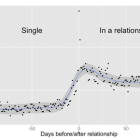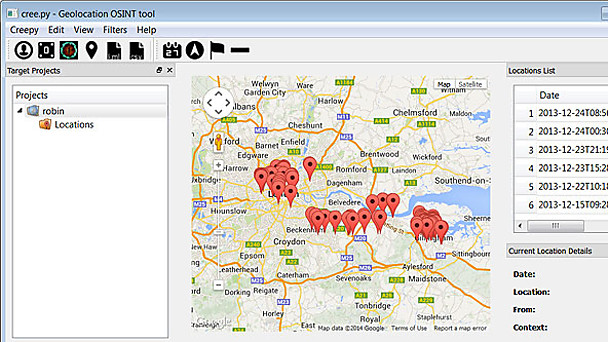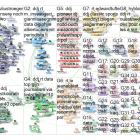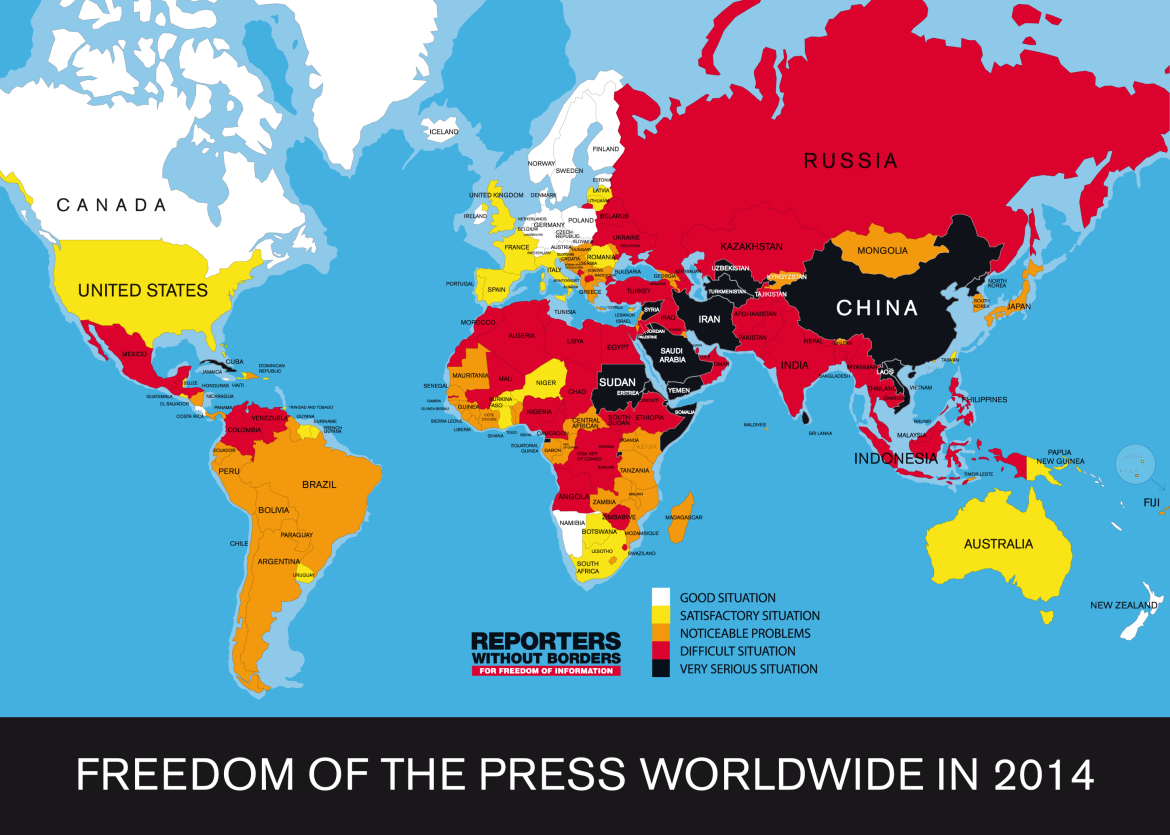Homepage Featured
Investigative “Stakeholder Media” Emerge in U.S., France
|
The Marshall Project’s recent launch announcement confirmed that in coming years, many new investigative news media will resemble stakeholder media — vehicles that are aimed at specific communities of interest. This non-profit Marshall Projectorganisation’s strategic goal is to become the central information hub for public insight into the criminal justice system. But within that general public, the first target will clearly be those directly concerned by the system. The stakeholder community for this venture is immense. It includes present and former prisoners, their families, law enforcement and auxiliaries, justice departments, the courts, lawyers — an audience of millions.









